2019 is the year that we would put ourselves completely out of our comfort zone. This journey began in January with a 3-week stay at a permaculture farm with an American family in rural Minas, Uruguay. We found this family on Workaway, and this was our first experience with an Workaway host. Bonnie, the matriarch of the family, had provided detailed information on the living situation (a tent), that the farm is off-grid, and the only connection to the outside world is a landline. Sounds like an adventure!
On a Thursday afternoon, Xavier and I arrived at the Minas bus station, our meeting point for pick-up. After a short wait, a bearded man greeted us. “Oh, suitcases? We don’t usually see those around,” Gerald, the patriarch, referred to our life belongings, which we chose to not carry on our backs. We hopped on the pick-up truck, and headed for the farm. After a 20-min drive, we hit dirt road. We drove through one farm after next, and Xav repeatedly descended the vehicle to open and close gates. A total of 40-minutes later, we arrived and embarked upon three of the most unique weeks of my life.
An Off-Grid Farmhouse
Upon entering the home, I was transformed into an American country farmhouse kitchen. I know “farmhouse chic” is all the rage because of Fixer Upper, but this was the real deal. I was not at all expecting the massive windows that let through the afternoon light, the pots and pans hanging from atop of a kitchen island, a wood-burning stove and oven that I’ve only seen in movies and museums. The space is incredibly well-equipped, with all the tools and gadgets imaginable, down to an onion goggle and ginger peeler!
The house is powered entirely by solar panels, which forced us to be conscientious of our power usage, especially on cloudy or rainy days. Water comes from a spring on a hilltop, and has been wired to run through taps around the house. Toilet is composting, set in a modern bathroom setting; far different than the hole in the ground latrine of my Peace Corps days. Shower is mostly cold, other than days when Bonnie fires up the wood-burning oven, then hot water becomes available. Bread-baking days meant fresh homemade bread AND hot shower! Double joy!
Humble Abode in a Tent
After a quick snack, Gerald took us up to the campsite that would become our home for the next three weeks. On the way, I understood his remarks on our suitcases. I wish we have a video of us rolling our suitcases in the field, across the creek, and up to our camp site. It reminded me of the scene from The Holiday, where Cameron Diaz is struggling to roll her suitcase in heels to an English country home.
By this point, only three hours in, all of my senses were on fire. I look at this tent, with a foam mattress and a cod, wondered how we ended in this situation. Alas, adjust we must. A good clean and some much needed airing, we unpacked and settled in. I had come equipped with iPad downloaded with Netflix shows to combat the boredom. Yet, during our three-week stay, I never once went for the iPad.
Each night, we sleep soon after night fall, and are awoken by the (very loud) chirping birds and parrots on the tree tops by 5am. After mixed success to sleep longer, we usually are up at 7am to begin the day. Humans are incredibly adaptable, and we got used to sleeping in the tent the same one we get used to anything.
American Transplant in Uruguay
We quickly learned that the farm consists of 400 hector of land, and besides the immediate family with three children, Bonnie’s parents live in a house near by. Naturally, the biggest question is how a 3-generation American family from rural Texas/Arkansas ended up in rural Uruguay?! The short answer is that 8 years ago, in 2010, Bonnie’s father felt that the American economy and the society in general wasn’t heading the right direction. Uruguay turns out to be a place that is easy for foreigners to purchase land. It was a quick decision, and within months, the family arrived.
I strived to unpack this answer over our 3-week stay, but I ended with more questions than answers. This was my first close interaction with a family from rural America. I attempted to imagine their lives in the U.S., and tried to understand their lives here, in relative isolation from Uruguayan society. The answers challenged my worldview considerably, which raised more questions. And around it went; bewildering, was a fairly constant state of my mind during this experience.
Permaculture-in-training
The sprawling field amidst rolling hills is Gerald’s testing ground for permaculture. Without any hired help, he is building up the entire operation with only the help from Workaway volunteers. With zero agriculture background, we were there as unskilled manual labor, with opened hearts and mind..
Not everything made sense at first; and I spent many entertainment-free nights in the tent discussing the way things were done on the farm. What does efficiency mean in a place with limited resources? Does it even matter? Our corporate-trained mindset were consistently challenged and shifted.
The main project during our stay was to build trees that will one day serve as wind breaks for the farmhouse, and to improve the very arid soil on these hills. Along with other volunteers, we planted over 700 of little trees of different varieties. Gerald generously shared learnings that he’s acquired along the way. I came away with new understanding of Monsanto’s role in modern agriculture, and have newfound appreciation for small-scale farms. Corporate efficiency has seized to make sense in how our food is produced; it’s refreshing to see a family working so hard to resist pesticide-ridden food source.
Free-Range Children
The free-range experience didn’t stop with outdoor activities and copious amount of fresh food that we consumed. The kids, age 11, 9, and 6, were some of the most carefree, yet respectful children that I’ve ever encountered. A sharp contrast to the heavily coddled American suburban children, kids on the farm had no fear toward the natural world. The pet farm entailed cows (whose fresh raw milk is consumed daily), geese, chickens, horse, and the like.
Nothing is considered “dirty” for the children. The animals are their friends, and they have no qualms about rolling around on the ground, being one with nature. I was impressed by the sound they knew to make to get the flocks of chickens and geese to come eat watermelon rinds. This is a skill I absolutely do not possess.
The kids are home-schooled, and goes into Minas for Spanish lessons twice a week. Their lack of access to television and Internet meant they aren’t aware of modern trends. These kids are the first I’ve ever met who had no idea what “Apple”, the technology company is. They saw the logo on my laptop, and asked me why there is an apple. The curiosity is endearing and eye-opening. The movie, “Captain Fantastic”, appeared often in my mind during our time together.
Digital Detox
For three weeks, we were on a digital detox without choice. The land did not have access to cellular network unless we climb on top of a hill. In this day in age, it’s incredibly rare to have no access to the Internet. Even accommodations in the most far-flung travel destinations usually have wifi. The break was remarkably refreshing. Other than reading books on my kindle and occasionally journaling on my Mac, I didn’t use other digital devices.
I lived very much in the present, enjoyed company of the family, other volunteers, or simply being alone. The detox felt so easy, as if that’s how lives are meant to be lived. Yet, very quickly after we returned to the city, habits of mindless scroll resumed. I became hyper aware of this fact, and have made a point to introduce digital minimalism in my life.
Climate Change is Real
When we live in cities and suburbs, climate change is an idea that we know is a bad phenomenon. We notice it in the occasional heavy storm, winter blizzard, or abnormal summer drought. But vast majority of the time, most of us don’t think about it too much. Yet, when your life source requires the cooperation of weather, you pay attention.
We were on this homestead in January, the middle of summer for Uruguay. Yet, it rained, a lot. So much so that during our first week, we were stranded across the flooded creek in our camp for nearly 20 hours without food. When it rains, all productivity stops. The world would care a lot more about climate change if all corporate machines also halts productivity often due to abnormal weather pattern. I have newfound appreciation for my Chinese culture that pray to the gods of land, rain, sunshine, and all related elements!
Respect & Understanding
These three weeks challenged my understanding of rural living immensely. Living on the farm may seem charming when you look at the Fixer-Uppers on Magnolia Farm, but the realities are more challenging. If someone had described this family, their beliefs, and their way of raising kids prior to my arrival, I likely have arrived with all sorts of pre-conceived judgement. But spending so many waking moments with them, I am thoroughly touched by their hospitality and their kind hearts. This sentiment reflects what our world needs today – we judge so easily by what people say on Twitter, how they vote, how they raise their kids, how they live. Yet, it’s important to remember that we can disagree, but get along as human beings.
It is indeed still possible to discuss different beliefs in economics, politics, etc. over a fresh loaf of homemade bread slathered with butter, and get along.
Important Takeaways
Other than departing feeling that citizens of the world should be nicer to one another, I had a few more important learnings from this experience:
- Butter does not make you fat. The family has two butter jars that sit out in room temperature at all times; one by the stove, the other on the dining table. Kids slather thick layer of butter on their bread at nearly every meal, and they are all as fit as can be. And I must admit, with a mostly plant-based diet, butter makes everything better!
- Board games need to make a comeback. On rainy days or rest days, we play board gams. I played Monopoly for the first time in probably two decades. Shut off your digital devices, and play a board game with friends and family!
- A little dirt won’t kill you. When I spend time with families with young children in the US, I’m always amazed at how much wet wipes they go through. It feels immensely wasteful, and unnecessary. Kids are going to make a mess. Why bother wiping them down every two minutes? A shower once a day is enough. The rest of the time? Wipe off with reusable cloth. But what do I know, just wait til I am a mother myself…
- Rest day is key. The family practices Sabbath, and rests from Friday night through Saturday night. All food is prepared ahead of the time for rest day. As such, for a solid 24+ hours each week, no work is done. The sole purpose is to enjoy one another’s company. Unlike most of our weekends that are filled with errands, a true day of rest a week is immensely nourishing to both the body and mind.

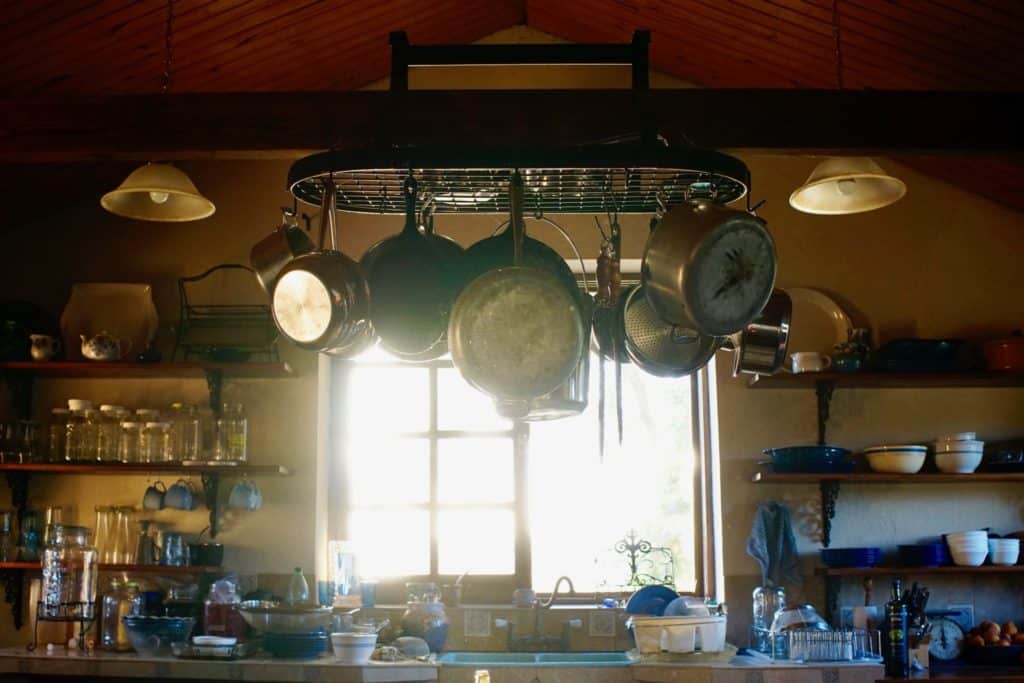
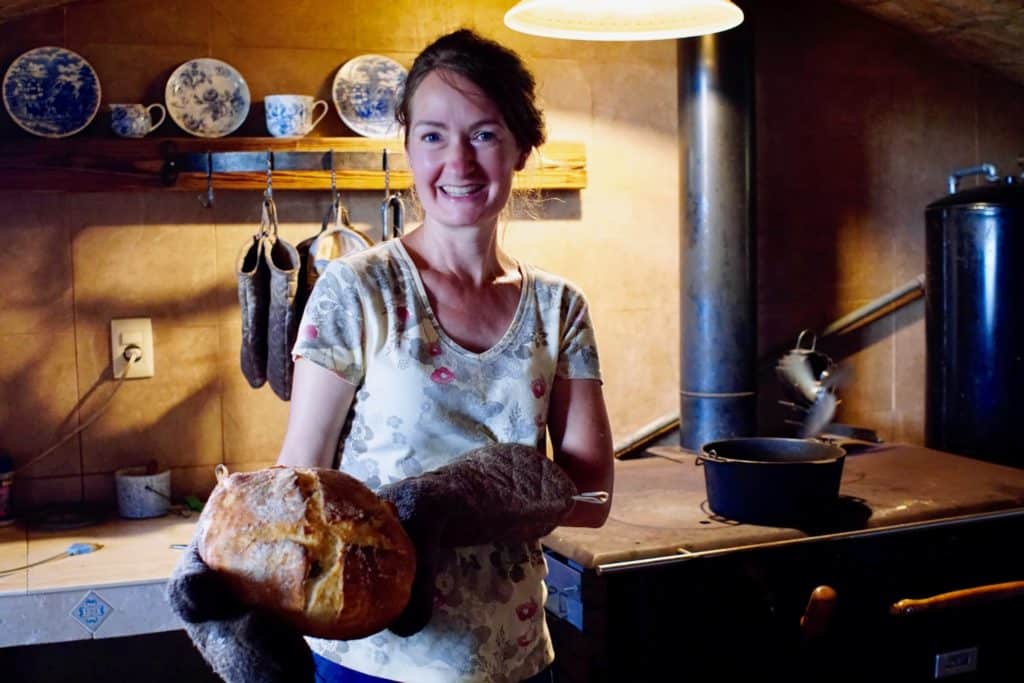
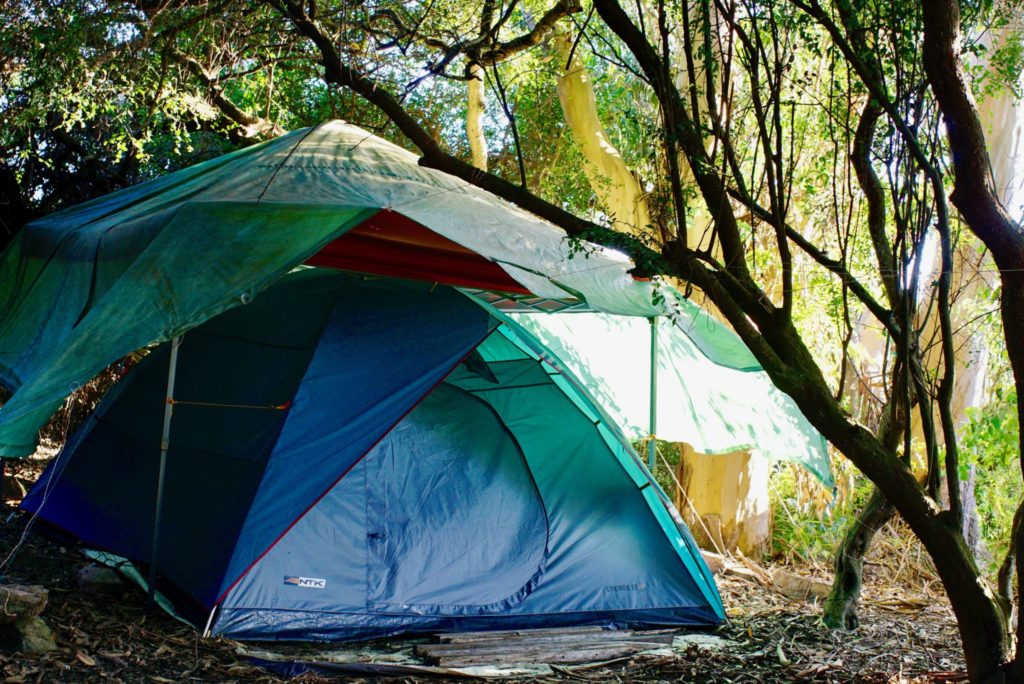
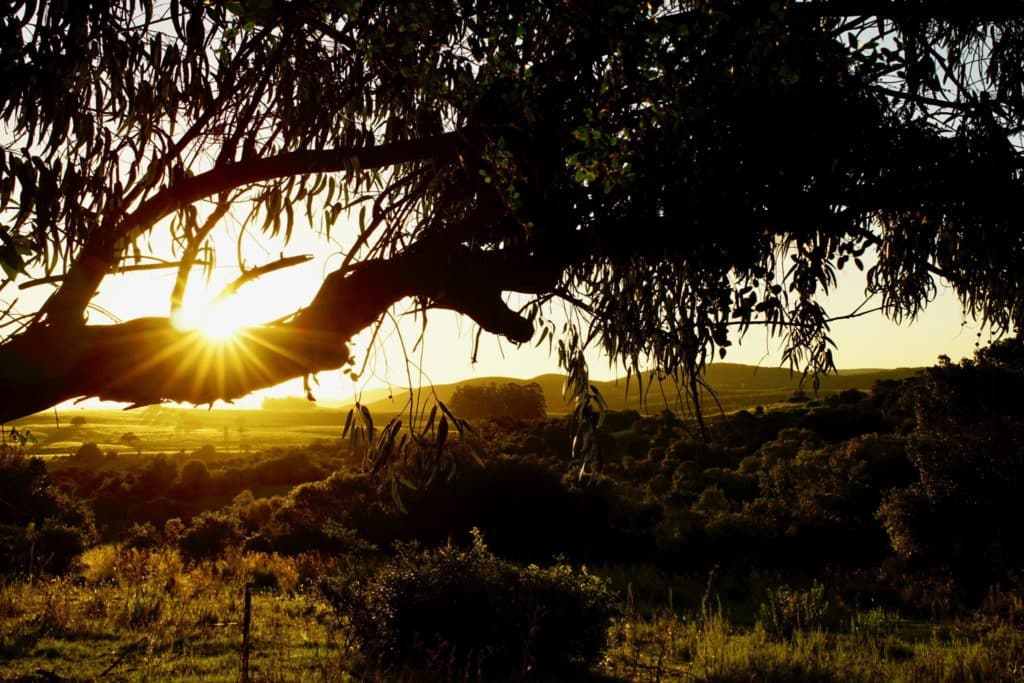
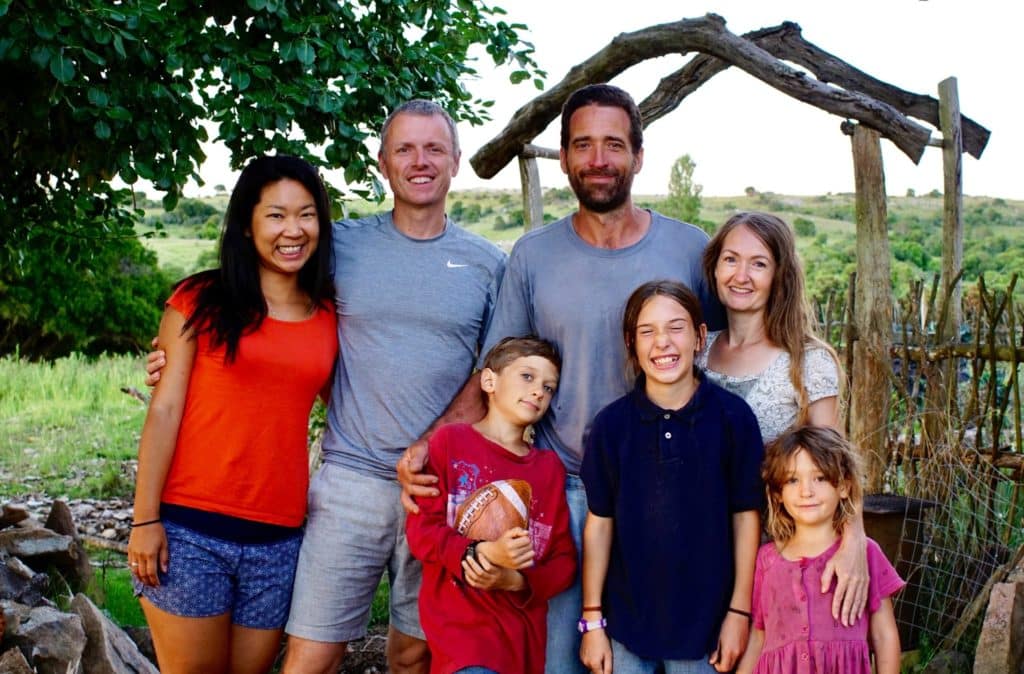
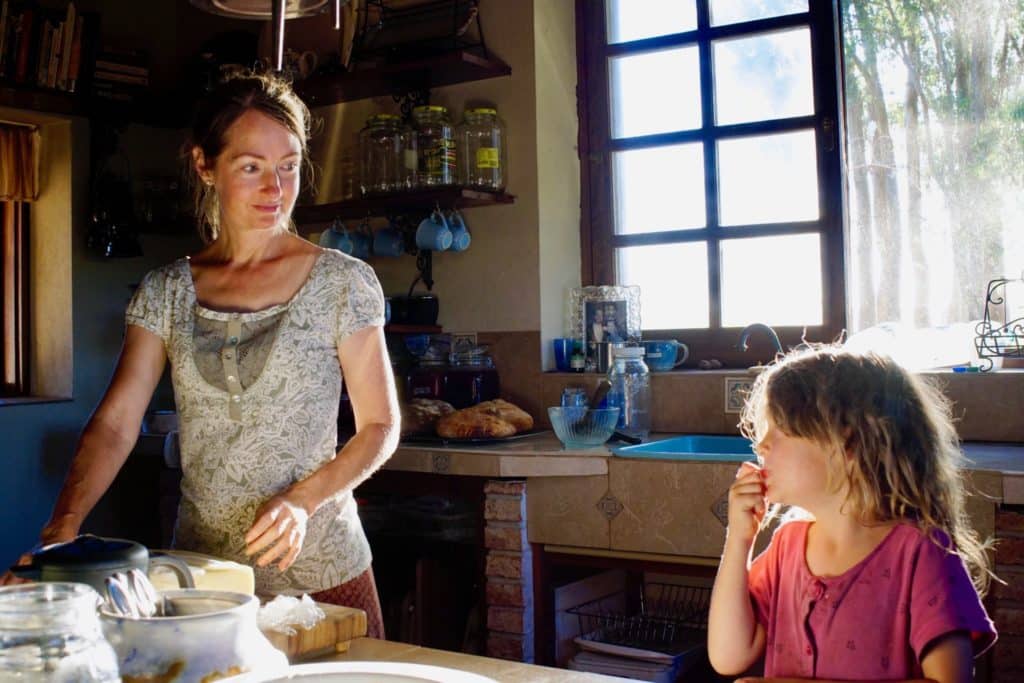
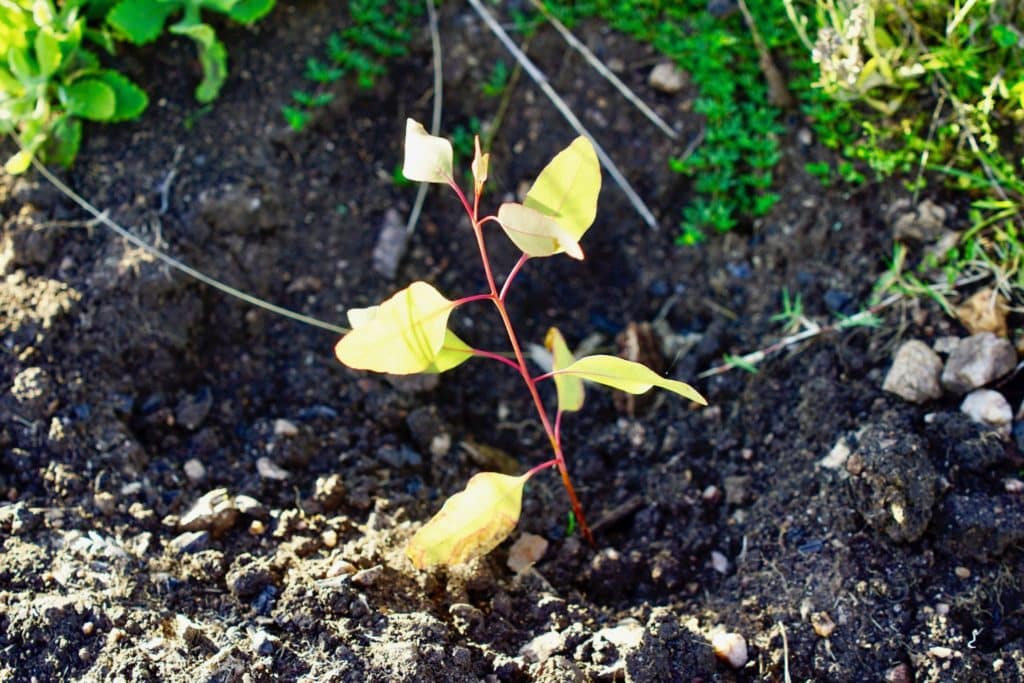
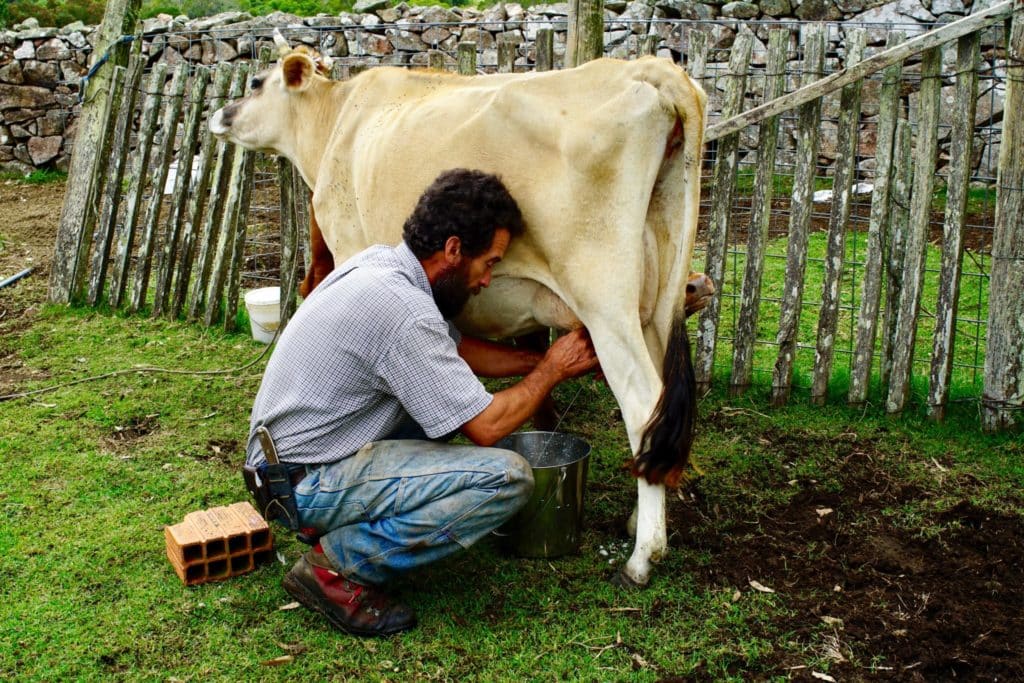
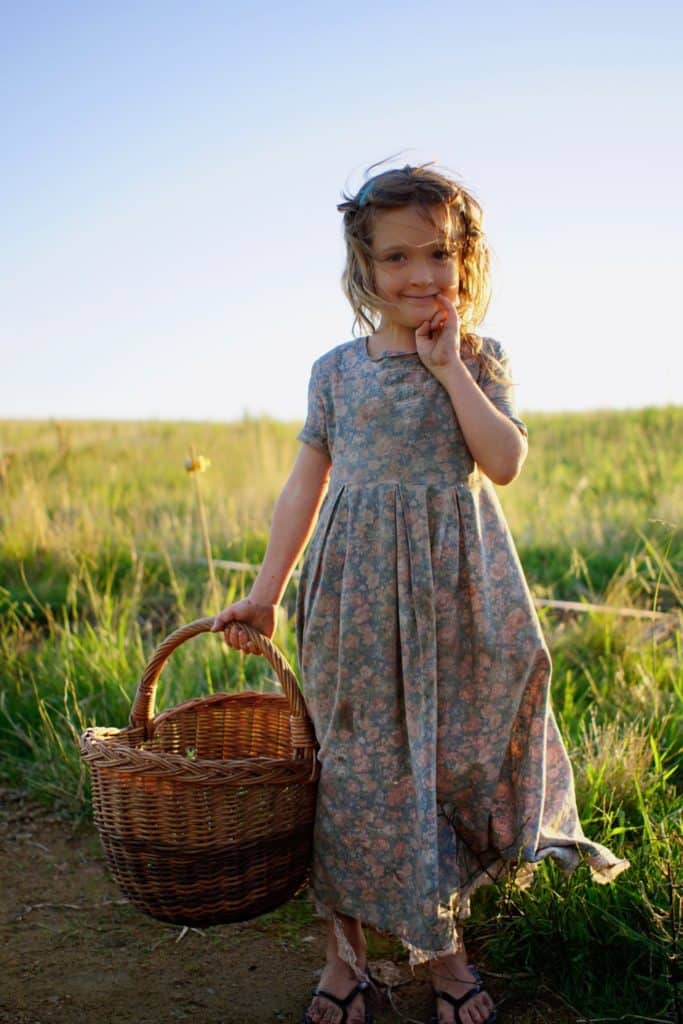
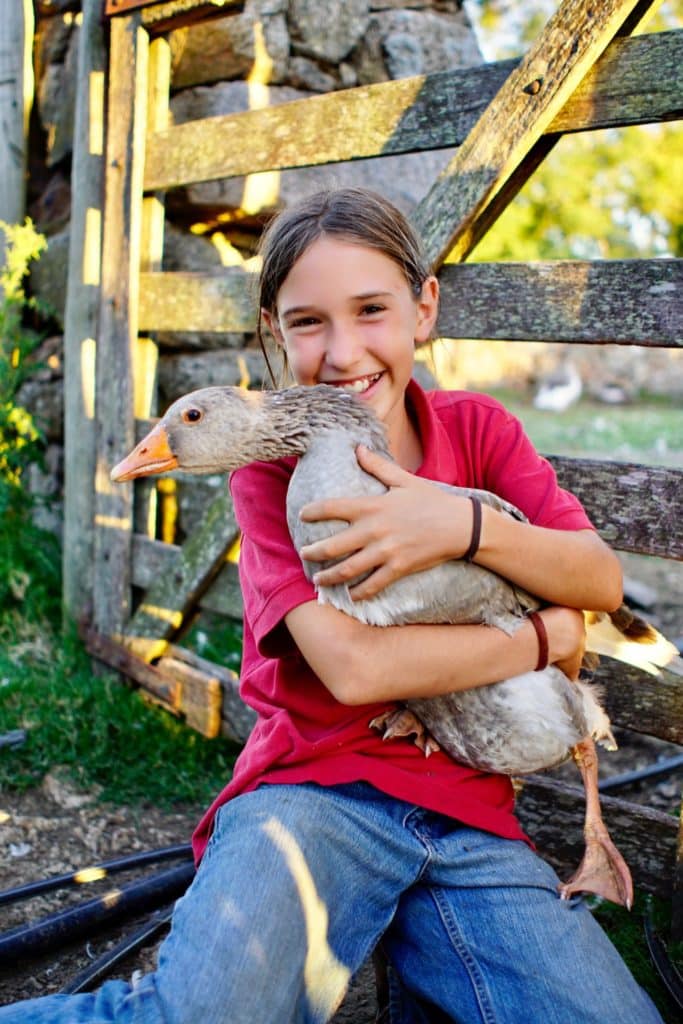
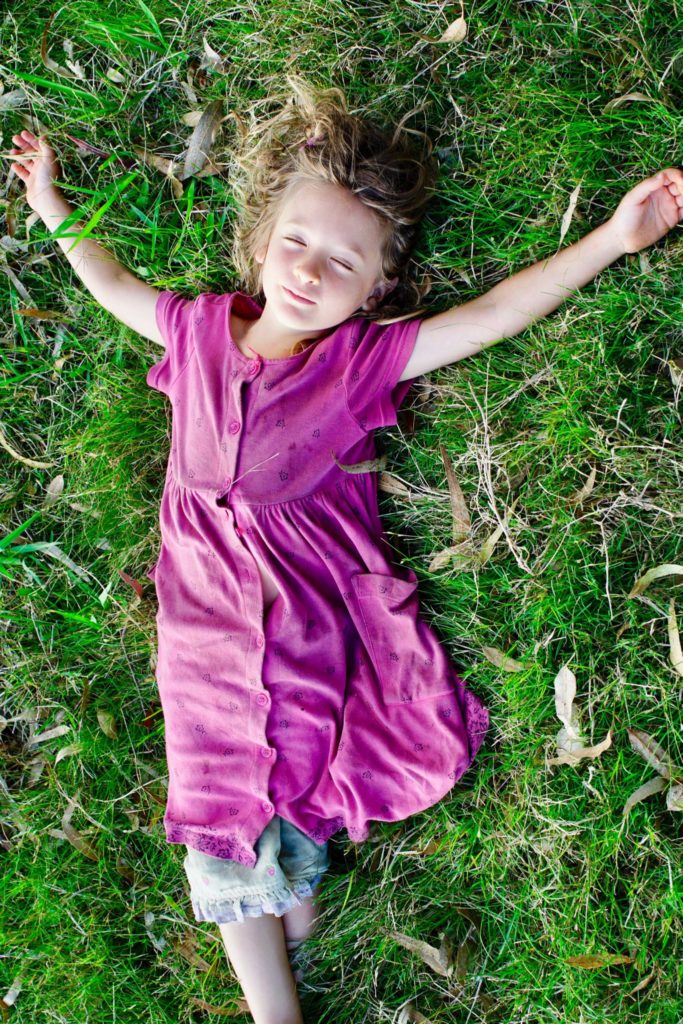
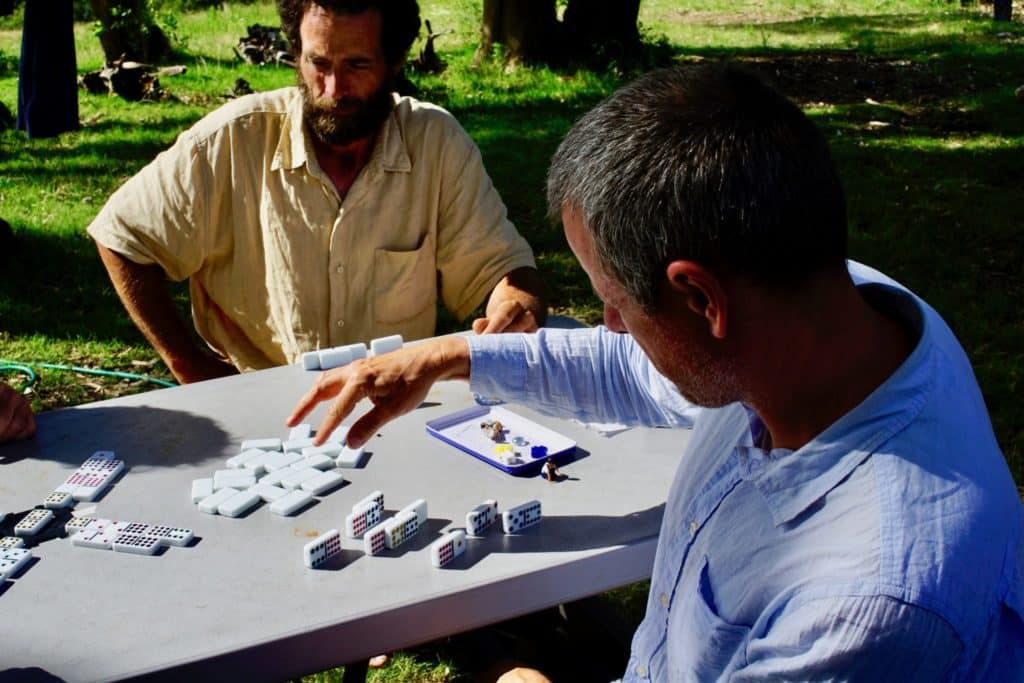
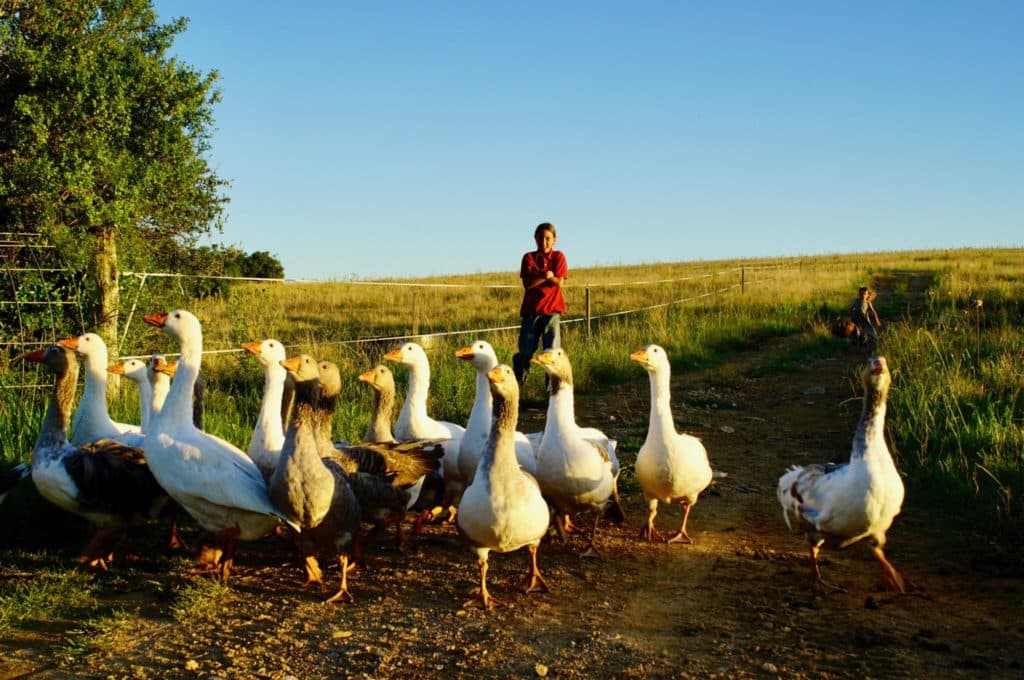
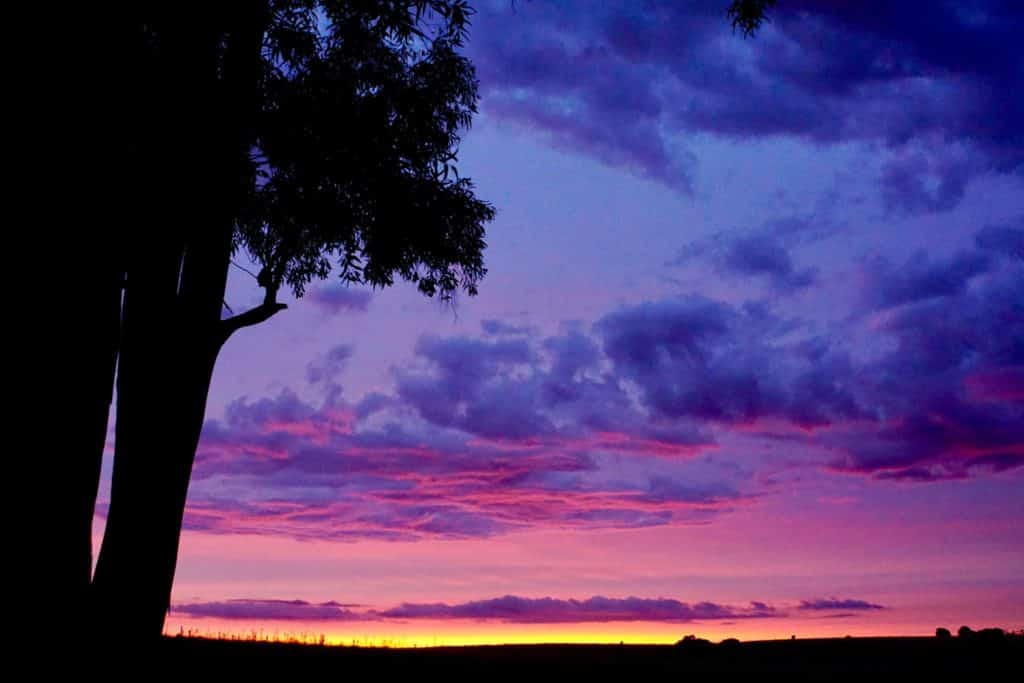
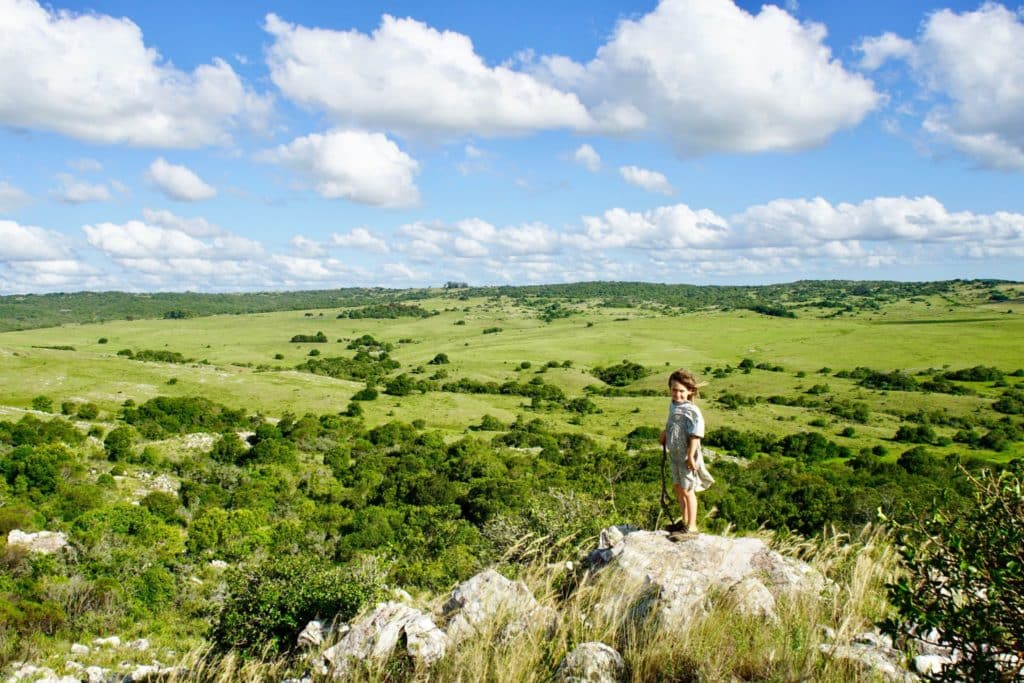

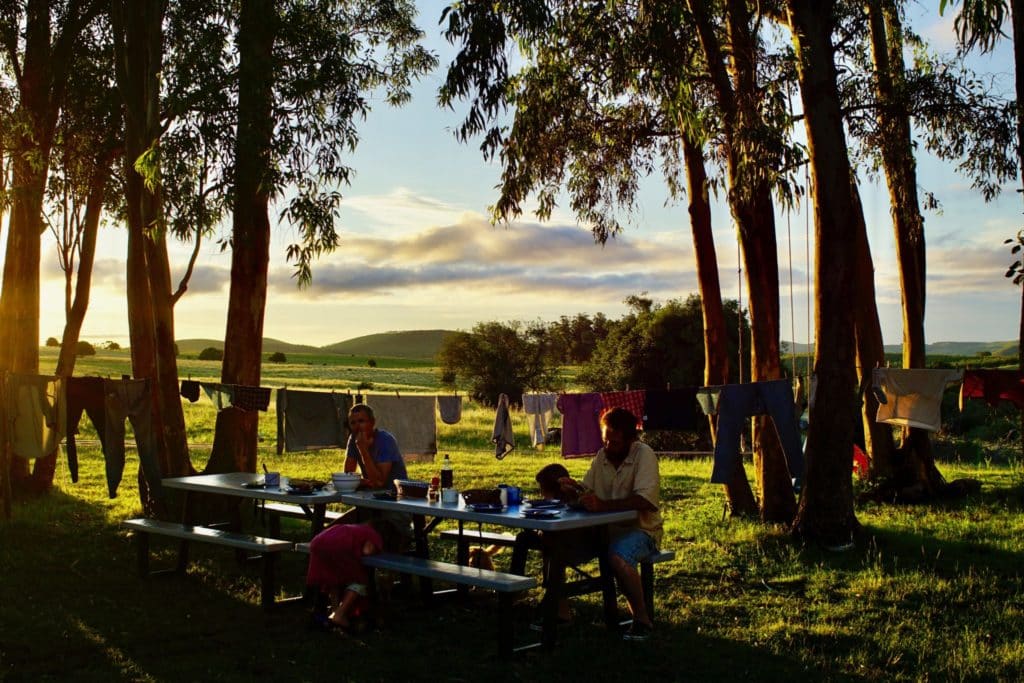




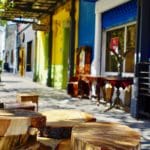
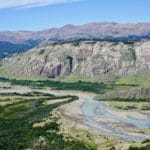

Wendy – I just thought I’d say how much I’ve enjoyed following you, your wonderings and your musings over the last years. I “met” you when you were a Peace Corps Volunteer needing funds, fund-raising help, and a little guidance on the library project. Since then, you know what you’ve done. I built my edtech company up to pretty big and then sold it in 2018. Stay in touch. You can stay with us if you and yours make it thru Ft Lauderdale, FL. It’s nothing like where you are now.
Thanks, John! Always encouraging to get comments from readers, especially a long-time supporter like yourself. 🙂